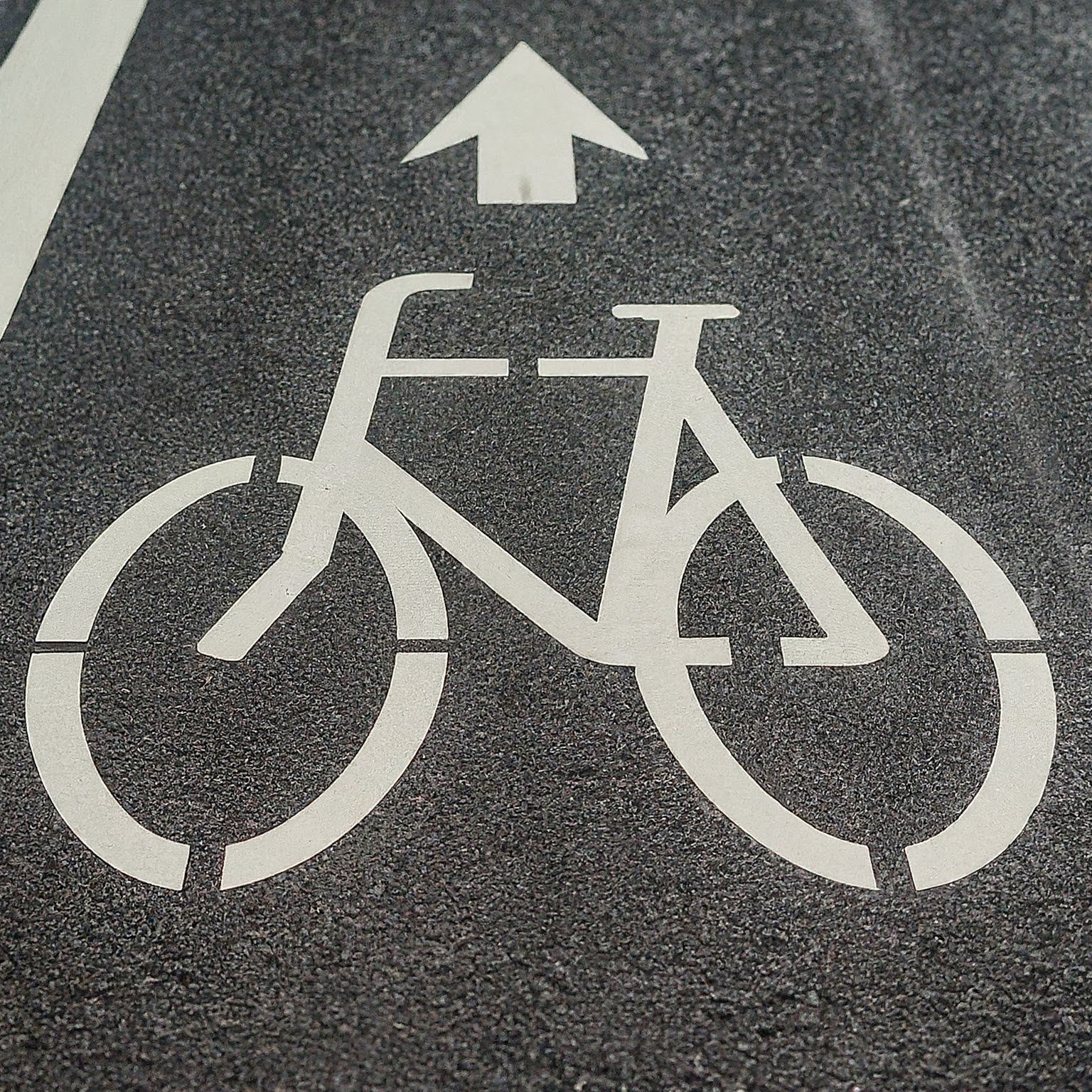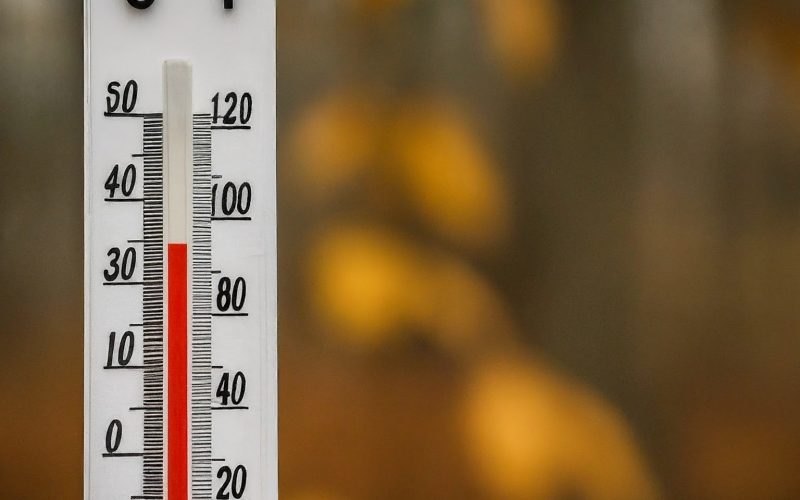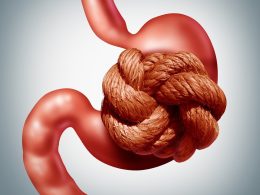Dr. Sarah Jones: A Seasoned Voice in Environmental Health
Dr. Sarah Jones, a leading environmental health researcher with over 15 years of experience, dives into the concerning link between climate change and human health. Her background in public health and epidemiology allows her to translate complex scientific findings into clear and actionable information for the public.
Headings:
- Feeling the Heat: Climate Change and Rising Health Risks
- A Breath of Fresh Trouble: Air Pollution on the Rise
- Weather Woes: When Nature Takes a Toll
- A Global Threat: Unequal Burdens of Climate Change
- Taking Action: Protecting Ourselves and Our Planet
- Key Takeaways: Climate Change and Your Health
Informative Table: How Climate Change Affects Our Health
| Climate Change Impact | Health Risks | Examples |
|---|---|---|
| Extreme Heat | Heatstroke, dehydration, heart problems | Increased hospitalizations and deaths during heat waves |
| Air Pollution | Respiratory illnesses, heart disease, cancer | Aggravated asthma, increased smog |
| Water Contamination | Diarrhea, waterborne diseases | Flooding and extreme weather events leading to contaminated water supplies |
| Foodborne Illness | Increased risk of food poisoning | Warmer temperatures promoting bacterial growth on food |
Feeling the Heat: Climate Change and Rising Health Risks
Our planet is warming, and the consequences are reaching far beyond rising sea levels. A growing body of research suggests a strong correlation between climate change and a rise in various health problems. Dr. Jones emphasizes, “Climate change is no longer a distant threat; it’s impacting our health right now, especially for vulnerable populations like children and the elderly.”
Extreme heat events are a prime culprit. As global temperatures rise, heat waves become more frequent and intense. These conditions can lead to heatstroke, dehydration, and exacerbate existing heart problems.

A Breath of Fresh Trouble: Air Pollution on the Rise
Climate change also contributes to worsening air quality. Heat and drought can increase ground-level ozone, a harmful pollutant that irritates the lungs and triggers respiratory problems. Additionally, wildfires fueled by dry conditions can blanket entire regions in hazardous smoke.
Comparative Table: Air Quality and Climate Change
| Factor | How Climate Change Affects Air Quality |
|---|---|
| Wildfires | Increased frequency and intensity of wildfires lead to smoke pollution |
| Stagnant Air | Hotter temperatures can trap pollutants closer to the ground |
| Dust Storms | Droughts can lead to more frequent dust storms, worsening air quality |
Weather Woes: When Nature Takes a Toll
Climate change disrupts weather patterns, leading to more extreme weather events like floods, storms, and droughts. These events can directly impact health by causing injuries, displacing populations, and disrupting access to clean water and sanitation.
The aftermath of floods can lead to outbreaks of waterborne diseases and mold growth, posing health risks for affected communities.

A Global Threat: Unequal Burdens of Climate Change
The health impacts of climate change are not evenly distributed. Low-income communities and developing countries often lack the resources to adapt to a changing climate and are more vulnerable to its effects. Dr. Jones stresses, “Climate change is a global issue, but its consequences are felt most acutely by those with the fewest resources to cope.”
Taking Action: Protecting Ourselves and Our Planet
While the challenges are significant, there’s still hope. By transitioning to clean energy sources, reducing our carbon footprint, and investing in climate-resilient infrastructure, we can mitigate the worst effects of climate change and protect our health.
Individual actions can make a difference:
- Reduce your reliance on private vehicles by walking, cycling, or using public transportation.
- Conserve energy at home by using energy-efficient appliances and practices.
- Support sustainable businesses and practices in your community.
Key Takeaways: Climate Change and Your Health
Climate change is a complex issue, but its impact on human health is becoming increasingly clear. Rising temperatures, extreme weather events, and worsening air quality pose significant health risks for all of us. However, by taking action to mitigate climate change and adapt to its effects, we can protect ourselves and ensure a healthier future for generations to come.










